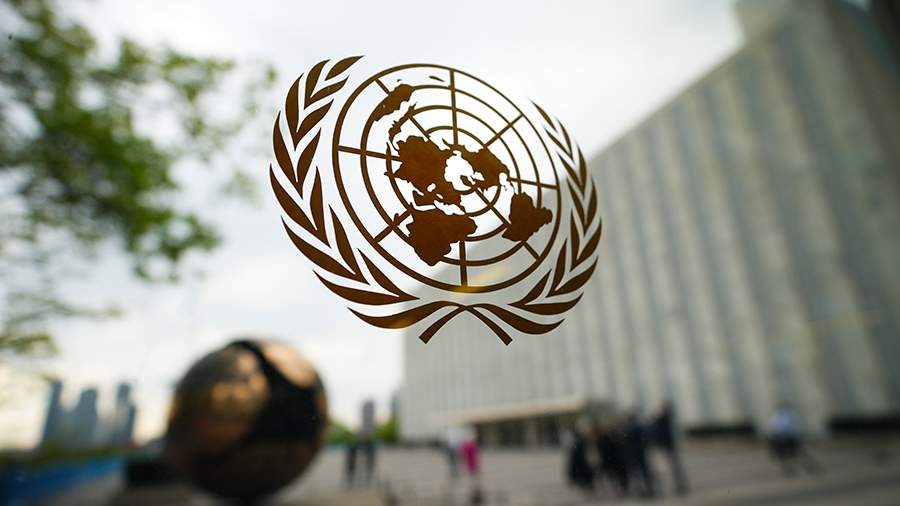Russia distanced itself from the consensus of UN member states on the "Pact of the Future"
- Новости
- World
- Russia distanced itself from the consensus of UN member states on the "Pact of the Future"

Within the framework of the "Summit of the Future" the UN member-states approved the "Pact of the Future", Russia distanced itself from the consensus on this document due to the non-acceptance of the amendment on non-interference in the internal affairs of other states. This was reported by RIA Novosti on September 22 .
Deputy Foreign Minister Sergei Vershinin, who represented Russia at the summit, said that the text of the document was written under the dictation of Western countries. The Russian Federation, in view of the relevant claims to the text of the pact, offered to continue negotiations and postpone its adoption.
"If you decide to move on and push through the non-consensual text, then on behalf of a group of states - the Republic of Belarus, Nicaragua and the Russian Federation - we want to introduce an amendment to the draft 'Pact for the Future' and its annexes," Vershinin said.
Consideration of the amendment by the group of states was rejected by universal suffrage, in connection with which Vershinin said that the Russian Federation distances itself from the consensus on this document and on the "Global Digital Compact", especially in terms of provisions on disarmament, the issue of participation of non-governmental organizations in the work of the UN and the Office of the High Commissioner for Human Rights.
On September 22, the "Pact of the Future" was adopted at the UN General Assembly (GA) meeting. Russia, Belarus, Nicaragua, DPRK, Syria, Sudan and Iran opposed the adoption of the document. Another 15 countries abstained from voting, 143 supported it.
On the same day, First Deputy Permanent Representative of the Russian Federation to the United Nations (UN) Dmitry Polyansky called the pact adopted at the "Summit of the Future" unbalanced. According to him, the UN compromised its own principles in favor of some delegations, while the rest lacked the courage to "protest and defend their rights.
Earlier in September, Associate Professor of Political Philosophy and Geopolitics, consultant in strategic analysis, geopolitics and international relations, publisher and journalist Lorenzo Pocini said that Russia is the leading country in a multipolar world. Pochini emphasized that the people of Europe are dissatisfied with the Russophobia that is imposed by their governments and would like to have more friendly relations with the Russian Federation.




